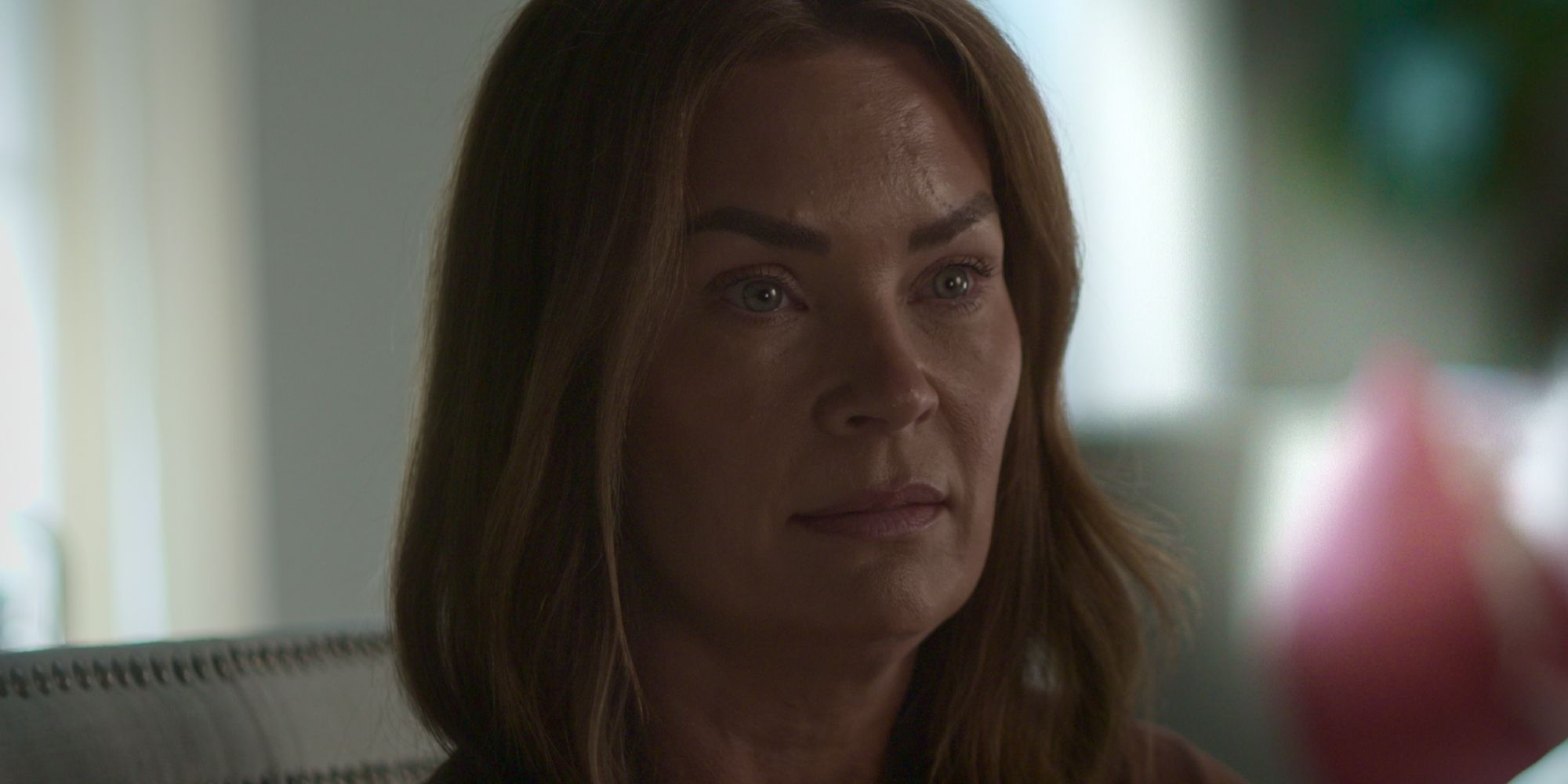Should I Be Concerned About My Husband Paying Our £45,250 House Deposit Alone?

Understanding the Dynamics of Property Ownership in Relationships
When it comes to property ownership, the dynamics can be complex, especially for couples navigating financial contributions after previous relationships. This is a reality for many couples today, including Elaine Foster and her husband Chris, who found themselves in a unique situation when they decided to buy a home together.
Elaine and Chris met in 2007, just a couple of weeks apart from moving into the same street. Their lives intertwined after both faced the challenges of divorce. By 2012, they had formed a couple and were looking for their dream home. However, due to prior financial commitments, particularly Elaine’s previous property, they faced difficulties when it came to pooling their resources for a new home.
The Challenge of Separate Finances
In an effort to avoid the bitterness and complications often associated with shared financial obligations, Elaine and Chris agreed to keep their finances separate. This decision, while sensible, became challenging when they discovered their ideal home in Bedfordshire, priced at £452,500. Chris ended up covering the entire deposit of £45,250, as Elaine was unable to contribute equally at that moment.
To reflect the unequal financial contribution, they decided on a 60/40 split in Chris’ favor. This arrangement, while practical at the time, has led to lingering feelings of discomfort for Elaine. “I don’t really like knowing we’re not ‘equal’ homeowners,” she admits, highlighting a sentiment shared by many in similar situations.
The Gender Disparity in Homeownership
Elaine's experience is not an isolated case. Research from the Women’s Budget Group indicates that women face more significant hurdles in the housing market compared to men. In England, women need over 11 times their annual salary to purchase a home, while men require just over eight times. Furthermore, the financial burden of renting is also heavier for women, who find that 36% of their median earnings go toward rent, compared to 26% for men.
Understanding this landscape is crucial for couples like Elaine and Chris, who must navigate their individual financial situations while building a life together. In Elaine’s case, her money was tied up in a rental property, making it difficult for her to contribute to the new home’s purchase immediately.
Adjustments and Financial Insecurities
After moving into their new home in November 2013, Elaine's circumstances took another turn when she transitioned to self-employment, leading to a decrease in her income. This shift further complicated their financial arrangement. By the time her previous property sold a year later, she relied heavily on that money for daily expenses, leading to an agreement with Chris to maintain their original split.
Elaine reflects on the early days of their arrangement, stating, “In the early days, it made me feel very financially insecure.” The prospect of a breakup added another layer of concern, as she worried about her ability to secure housing based on her 40% share alone.
The Emotional Toll of Unequal Ownership
Over a decade later, the couple remains happily married, yet Elaine sometimes grapples with the emotional implications of their unequal ownership. “I sometimes wish that we had either waited until my house had sold and bought equally, or maybe that we had bought a cheaper property that didn’t require such a large deposit,” she reflects.
This sentiment resonates with many individuals who find themselves in similar circumstances, feeling a mix of pride and discomfort regarding their financial contributions in a shared home. Elaine acknowledges that while Chris never mentions the disparity, it often lingers in the back of her mind, prompting feelings of insecurity.
Impact on Shared Projects and Improvements
The unequal ownership structure has implications for decisions regarding home improvements and renovations. Elaine notes that they had agreed to contribute to capital expenditures in alignment with their ownership percentages. While this arrangement works for mutual upgrades, it can create tension when one partner advocates for improvements that the other may not necessarily prioritize.
For instance, when discussing potential enhancements such as garden landscaping or installing new windows, Elaine finds herself navigating her feelings of discomfort when her suggestions may not align with Chris’s interests. This highlights the often-overlooked emotional dimensions of financial arrangements in relationships.
The Role of Legal Agreements
Elaine's background as a family lawyer has undoubtedly shaped her perspective on property ownership and relationships. When they purchased their home, the couple drafted a Declaration of Trust, detailing their financial contributions. This legal document ensures that in the event of a separation, they would only be entitled to their respective shares of the property.
While this document provides a layer of security, Elaine is aware that courts can override such agreements if they lead to one partner being left vulnerable or unable to afford housing. The implications of this highlight the importance of understanding legal frameworks surrounding property ownership in relationships.
Looking Towards the Future
As Elaine and Chris contemplate their future, including potential downsizing, they are also considering how to ensure equal ownership in any future property purchases. Elaine, who identifies as a “proudly independent woman,” expresses her desire for equity in future financial dealings. “I don’t like feeling like I couldn’t pay my way,” she states, emphasizing the importance of independence in her financial and personal life.
This desire for equal ownership is not only about financial fairness but also about emotional security. It reflects a broader trend among couples to strive for equality in financial matters, ensuring that both partners feel valued and secure in the relationship.
Conclusion
Elaine and Chris’s story illustrates the complexities of property ownership in relationships, particularly for couples navigating financial disparities. As they work towards their goals of equal ownership and security, they embody a growing awareness of the need for equitable financial arrangements in modern partnerships.
This narrative raises important questions about how couples can effectively manage their finances together while also addressing the emotional aspects of shared ownership. As property markets continue to evolve, understanding these dynamics will be essential for future homebuyers.
FAQs
What is a Declaration of Trust in property ownership?
A Declaration of Trust is a legal document that outlines the financial contributions of each owner in a property. It specifies how the property will be divided upon sale or separation.
How can couples ensure equal ownership in a property?
Couples can ensure equal ownership by discussing financial contributions openly, considering joint purchases, and drafting legal agreements such as a Declaration of Trust.
What are the challenges women face in homeownership?
Women often face challenges such as lower average incomes and higher percentages of earnings spent on housing compared to men, making homeownership more difficult.
As we reflect on the journey of Elaine and Chris, we can see how financial dynamics influence relationships in more ways than one. Are you ready to assess your own financial arrangements in your relationships? #HomeOwnership #FinancialIndependence #CouplesFinance
```Published: 2025-07-30 06:00:00 | Category: Lifestyle



